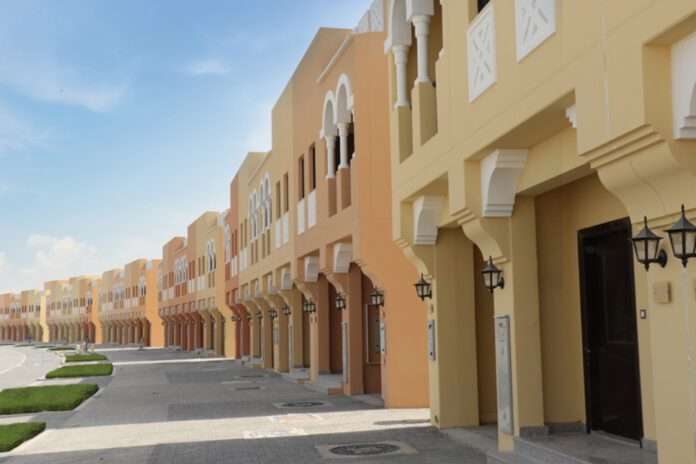A government task force on housing sector development has outlined short-term, medium-term, and long-term measures to encourage investment in housing and construction.
The task force has recommended the abolition of section 7E of the Income Tax Ordinance, the removal of capital value tax (CVT) in Islamabad, and a reduction in transaction taxes on buying and selling property. The proposals, aimed at revitalizing the real estate sector, have been finalized for submission to the prime minister.
A senior Federal Board of Revenue (FBR) official ruled out any possibility of an amnesty scheme or special exemptions for the real estate sector. However, officials warned that without reducing the 12-13% transaction tax on property, investment could shift abroad. Following recent tax hikes, real estate transactions have dropped by over 50%, with many now taking place under power of attorney agreements to avoid tax liabilities.
The task force’s recommendations include waiving sub-section 2A of 236C related to 7E declarations, providing tax exemptions for properties valued up to Rs10 million, introducing an online verification system for non-resident investors through NADRA, and implementing a uniform tax rate for filers and late filers.
It has also called for rationalizing stamp tax rates across provinces and Islamabad Capital Territory (ICT), ensuring uniform taxation policies through the National Tax Council, and exempting wealth reconciliation for real estate and construction investments up to Rs50 million.
Further recommendations include revising property valuations every three years to reflect market prices and exempting specific categories—such as low-cost housing, government plots, and first-time homebuyers—from transaction taxes. The task force has urged the federal and provincial governments to work collectively in the upcoming budget to lower transaction taxes, arguing that the construction sector must be supported to facilitate economic growth.
Short-term measures proposed include reducing the policy rate to single digits, reinstating the Mera Pakistan Mera Ghar (MPMG) housing scheme to restore developer confidence, reintroducing markup subsidies for low-cost housing loans, and launching financial literacy campaigns to educate consumers.
The recommendations also emphasize mortgage financing options, low- and fixed-term housing loans for five to 20 years, and regulatory changes to promote vertical development.
To support low- and middle-income groups, the task force proposed defining affordable housing in monetary terms, ranging between Rs50,000 to Rs200,000 per month, to ensure targeted implementation. It also called for greater private sector participation in affordable housing through public-private partnerships (PPPs) and joint ventures.




